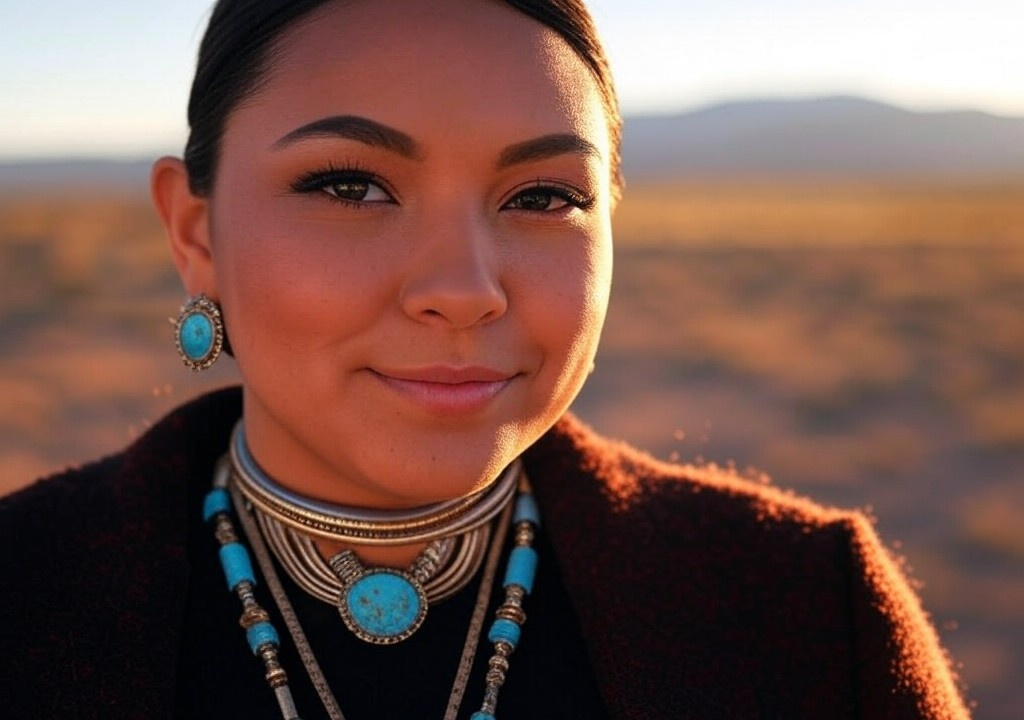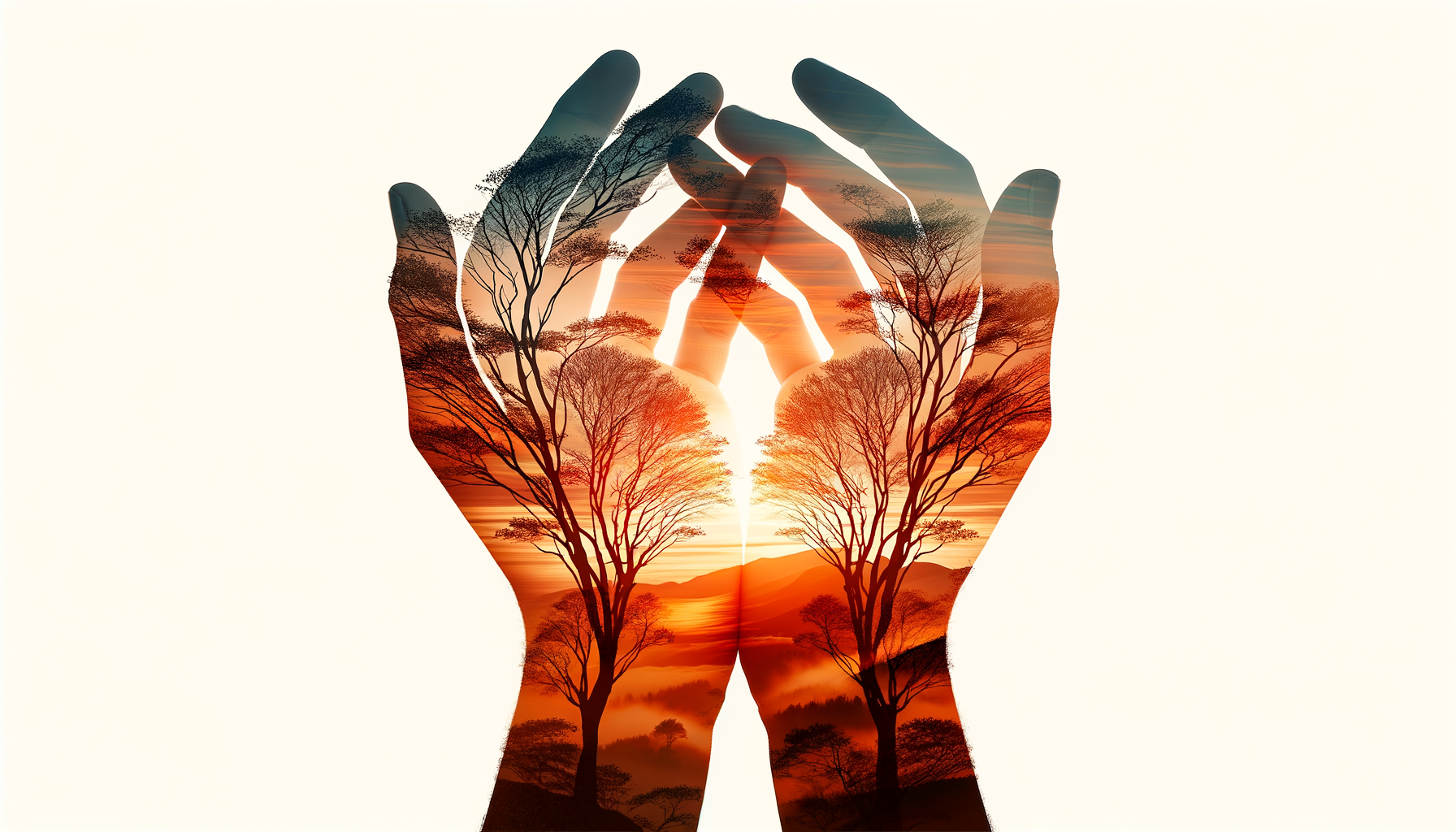Why Didn’t Anyone Tell Me That Sooner?
If I had a dollar for every time I learned a hard lesson in relationships and thought, “Wow, this could’ve saved me months of spiraling and untangling if someone had clued me in,” I’d have enough to fund my iced coffee habit for a year. Relationships, like learning how to French braid your own hair or parallel park in a busy city, are skills no one teaches you formally. That said, after years of trial, error, and mildly embarrassing conversations, I’ve pulled together some of the most valuable lessons I wish I’d known earlier. If they help you skip even one late-night existential despair spiral, I’ll consider this a job well done.
1. Love Isn’t a Fixer-Upper (Unless It’s Your Own Habits)
Confession: I used to approach relationships like home renovation projects. I’d spot some “potential” and think, Oh, with a little work here and a fresh coat of reassurance there, they’ll be perfect! Spoiler alert: This never works. People aren’t fixer-uppers, and loving someone doesn’t mean you need to install emotional cabinetry where their self-awareness should be.
This lesson hit me like a sack of frybread when I realized how exhausting it was to play project manager in every relationship. Instead of imagining your love life as an HGTV episode, try this: choose someone whose metaphorical plumbing already works. Sure, no one is perfect (and you aren’t either), but both people should show up as partners—not projects.
Quick Tip: Ask yourself: Do I love them as they are today, or am I dreaming of a version I think they could become? If it’s the latter, it’s time to re-evaluate.
2. Compatibility Beats Chemistry Every Time
Picture this: sparks are flying, banter is flawless, and you’re already joking about what to name your future dog. But fast forward a few months, and suddenly your debates about pineapple on pizza actually feel… personal (and not in a cute way). Chemistry might be what gets us into a relationship, but compatibility is what holds it together.
I learned this the hard way when I dated someone who loved the idea of living on opposite coasts. Meanwhile, I’d rather wrestle a cactus than be that far from my family or a decent bowl of green chile stew. No amount of chemistry could gloss over the fact that we wanted fundamentally different things.
The solution? Get curious early. Ask questions like, “What does a perfect Sunday look like to you?” or “Where do you see yourself in five years?” Compatibility doesn’t mean liking all the same things—it’s about whether your visions for life can take the same road trip without veering off into different time zones.
3. Boundaries Aren’t Barriers—They’re Bridges
I used to think setting boundaries would make me come off as “too much work.” I imagined the person on the receiving end saying, “Wow, Tiana, don’t be so high-maintenance.” But here’s the thing: the people worth keeping around won’t see boundaries as burdens—they’ll see them as little road signs pointing out how to love you better.
One boundary I’ve learned to enforce in relationships? Emotional availability. I grew up in a family where love meant showing up—not just when it was convenient but especially during hard times. Now, if someone ghosts me during a rough patch or acts allergic to communication, I take it as a sign they’re not ready to meet me where I am. And that’s okay; it’s not my job to lower the bar but to be crystal clear about where it’s set.
Quick Tip: Think of boundaries as honoring what you need to thrive. Write them down if it helps—nothing feels more powerful than saying, “Here’s where I stand,” and following up with actions.
4. Red Flags Are Not Decor
You know those little moments that make your gut go, Huh, that feels… off? That’s your intuition whispering, “Pay attention.” I ignored enough red flags in my 20s to make a carnival proud. Why? Because I thought, No one’s perfect. Am I just overreacting?
Turns out, most of the time, I wasn’t—whether it was a partner constantly checking my phone or someone whose idea of conflict resolution was going radio silent for a week. Red flags don’t mean the person is inherently terrible, but they do mean you should proceed with caution—or maybe not proceed at all.
Quick Tip: Red flags aren’t souvenirs to collect; they’re signals to re-assess. Trust your intuition, even if it feels like a whisper. It’s usually right.
5. Falling in Love with Yourself Comes First
I know, I know—this sounds like a Hallmark card your cool aunt would send. But here’s the truth: every time I tried to find love as a way to fill my own gaps, the relationship fizzled faster than a sparkler on a windy day. It wasn’t until I started learning to love who I was that I stopped needing someone else to complete me.
Growing up on the Navajo Nation, community was everything—but so was personal identity. My grandma used to remind me, “Take care of your spirit first, and you’ll always have enough to share.” She wasn’t wrong. Now, whether I’m single or in a relationship, I make time for practices that ground me—be that a hike in the red rock canyons or a quiet morning smudging with sage.
Quick Tip: Start small. Write a list of things that bring you joy or peace when no one else is around. Treat that list like a North Star—because if you can love your own company, you’ll never settle for someone who makes you feel less than whole.
6. Communication Is Foreplay (Seriously)
If I had a dollar for every time a relationship issue boiled down to poor communication, I’d be buying a vacation home on a beach somewhere. Misunderstandings happen—for instance, your “Do you want to hang out this weekend?” might sound casual, but in your head, it’s the equivalent of signing a legally binding plan. On the other end, someone else might see it as a soft suggestion.
The quickest way to make things easier? Talk. And I don’t mean texting “k” and hoping the other person can decode whatever’s swirling in your head. Be honest, even when it’s awkward. Someone once told me, “The right person will choose clarity over comfort every time,” and it’s stuck with me through every relationship since.
Quick Tip: Practice active communication. Instead of saying, “You always…” or, “You never…,” start with, “I feel ___ when ___.” It makes a world of difference.
The Takeaway
Relationships are messy, beautiful training grounds for growth. Whether you’re navigating the thrill of new love or grappling with the bittersweet lessons of a breakup, remember this: every step is a chance to learn more about yourself, not just another person. Take the lessons as they come, laugh when you can, and know that love—whether it’s for someone else or yourself—will always be a teacher, not a fixer-upper.
Life’s too short for bad communication, unchecked red flags, or half-hearted connections. So go forth, love boldly, and trust that you’ll figure it out one lesson at a time. Because if there’s one thing I do know for sure? You’ve got this.




















